A ticking clock does more than wrinkle your complexion and strip the pigment from your hair follicles. Older adults are also increasingly vulnerable to health complications due to weakened immune systems that come with old age, making them more likely to experience medical emergencies. If you care for an elderly family member at home, it is necessary to always prepare in advance for an elderly medical emergency.
By studying ways to prepare for elderly medical emergencies, you can provide critical first aid treatments anytime required. Elderly grandparents or parents also need to be aware of their surging risk of succumbing to medical emergencies. That way, they start their day on the right, prevention-first foot.
1. Identify emergency contacts
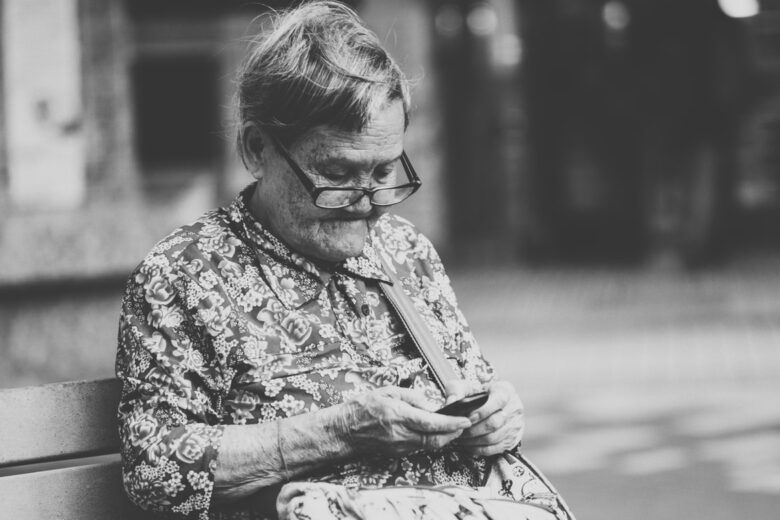
Narrowing down a list of emergency contacts is a critical first step in preparing for unforeseen medical emergencies, especially if your senior citizen lives alone. To ensure a seemingly innocent slip-and-fall accident doesn’t devolve into a life-threatening emergency, first, equip your elderly loved one with the tech they’ll need, i.e., a medical alert system like the ones reviewed by NCOA.org or senior-friendly cell phone.
Then, jot down the names and phone numbers of loved ones. That way, your aging grandparent or parent’s health won’t deteriorate out of earshot. Note that your emergency contact list can consist of close neighbors, the aging loved one’s children or grandchildren, a family doctor, therapist, etc.
It is advisable to equip your elderly ones with a senior-friendly cell phone like this that’s easy to operate. After shopping for an elderly-friendly model, take the liberty of loading emergency contacts onto the device. You might also want to consider including the national or state emergency number at the top of the list if your senior citizen is forgetful or has memory issues.
2. Assemble an emergency kit
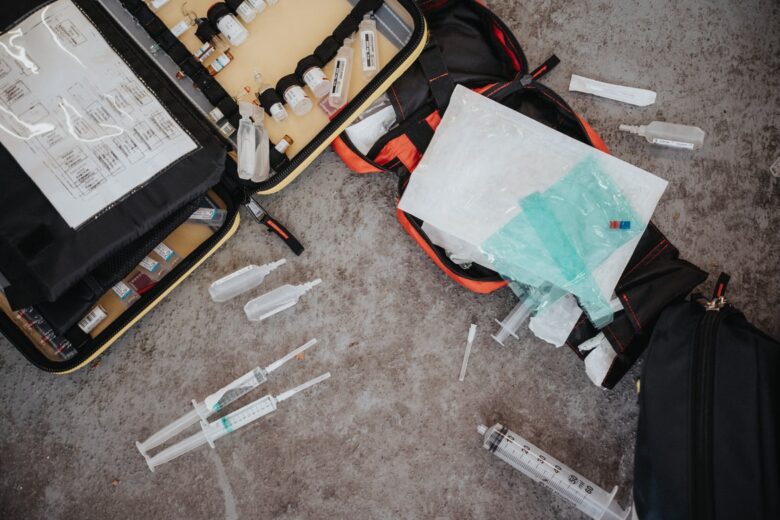
To act fast in an emergency, you have to be prepared. Senior citizens are vulnerable to injuries and sudden health complications, so you might need to perform first aid regularly. To be adequately prepared, you will need to assemble several items and medical equipment in a kit.
The kit should contain first-aid essentials, such as scissors, band-aids, gloves, cotton swabs, and additional items that might be required depending on your senior citizen’s health.
When assembling an emergency kit, you should also ensure that it’s stocked with essential files and information that would come in handy, such as allergy medication, emergency contact, medical forms, drug prescription dosages, etc. With this information consolidated, first responders can make life-saving calls and administer emergency care according to medication allergies and diagnosed conditions.
3. Ensure medical equipment are in the best working conditions
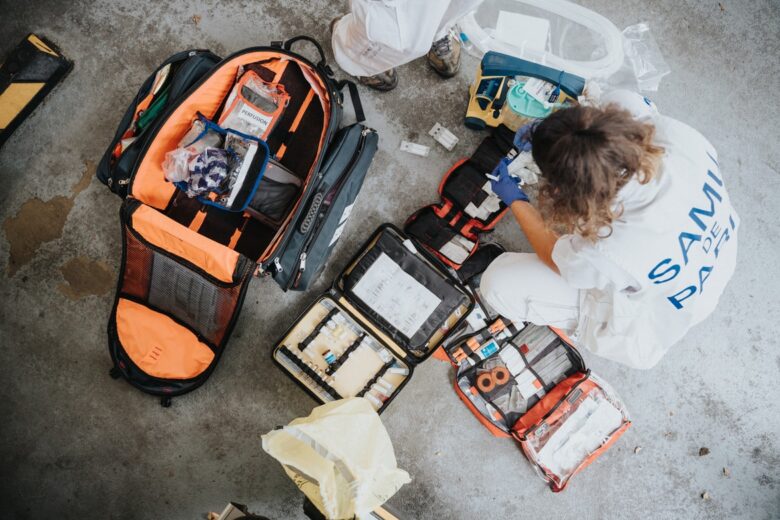
All medical equipment such as a thermometer, machines for testing sugar level, blood pressure level, etc., must be in good working condition.
Ensure that the batteries, strips, and other items needed to perform an impromptu check-up during an emergency are in tip-top shape. Fully functioning medical equipment is essential in monitoring your older adult body vitals regularly and during emergencies.
4. Be first-aid certified
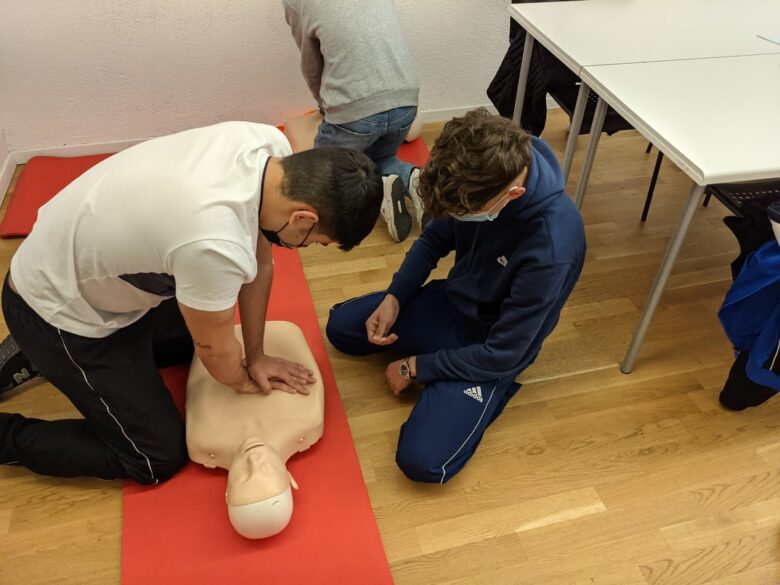
First aid makes a big difference and sometimes breaks the thin line between minor damage and more damage.
To be prepared for elderly medical emergencies, you must be familiar with the process of performing first aid and might even consider becoming first aid certified. A little training will give you the confidence you need and knowledge on what to do during emergencies. Depending on your certification, undergoing the renewal process will be necessary every two years.
Aside from being easily susceptible to illnesses and diseases, older adults are exposed to a jungle of household risks due to their deteriorating eyesight, unsteady stamina, little strength, etc. With these accident-inducing physical ailments in mind, learning first aid can come in handy when caring for older adults. It can also provide you with the skills and ability to assess if an emergency is severe or minor, identify common risks, and take precautions to prevent future accidents.
5. Monitor their medication intake and ensure they never run out of medications
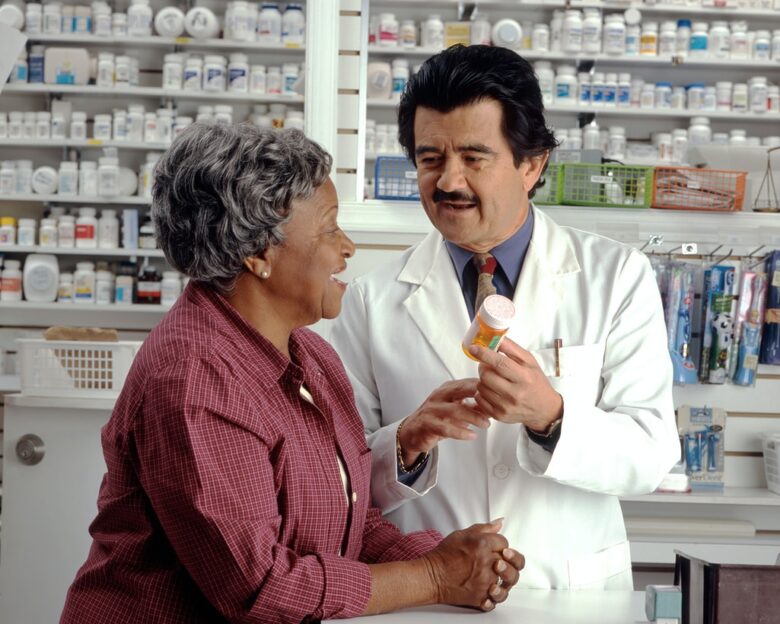
When toeing the line between working professional and full-time caregiver, to-dos, like refilling a senior citizen’s medication between work, conducting frequent check-ins, and chipping away at house chores, can easily slip your mind. With social lives to juggle and work projects to complete, tracking when their medications run out can prove difficult, especially when they aren’t packed in blister packs and you can’t see the pills. In such cases, it is advisable to stock up one or two spares in case of an unexpected shortage.
Without your undivided attention fixated on your elderly loved one’s medical schedule, things can quickly go awry. For example, the senior citizen in your life can forget to take their medicines, drop several pills during morning rituals, or stop taking them altogether because of less-than-desirable side effects. Should these medication missteps occur, elderly folks may notice unpleasant side effects spurred by spotty intake.
6. Prepare a go-bag
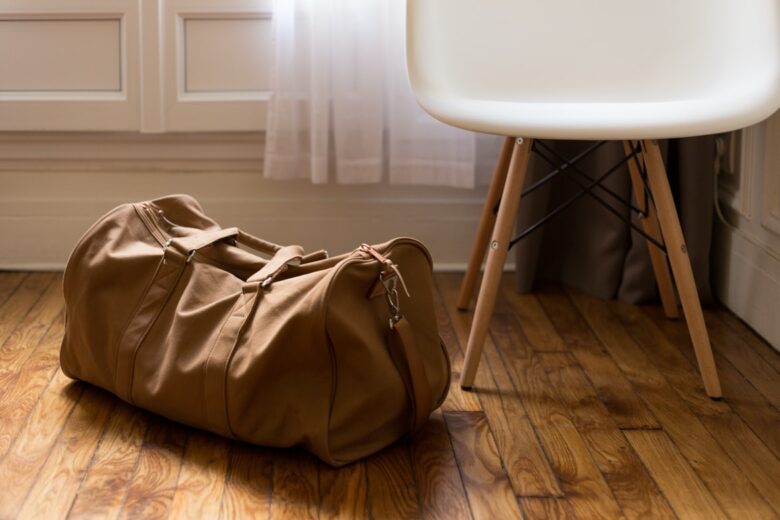
Much like an expecting mother expects the unexpected by packing a hospital bag, senior citizens and those in their inner circle should take similar precautions. By loading up a bag chalked full of essentials, i.e., medication supplies, a change of clothes, food supplies, bottled water, a first-aid kit, etc., natural disasters or medical emergencies won’t catch your elderly loved one off guard.
When such a situation arises, a senior citizen can quickly grab the bag in their rushed state. If preferred, your go-bag can also take the form of a small box stowed away on a closet shelf.
7. Visit your older adults regularly
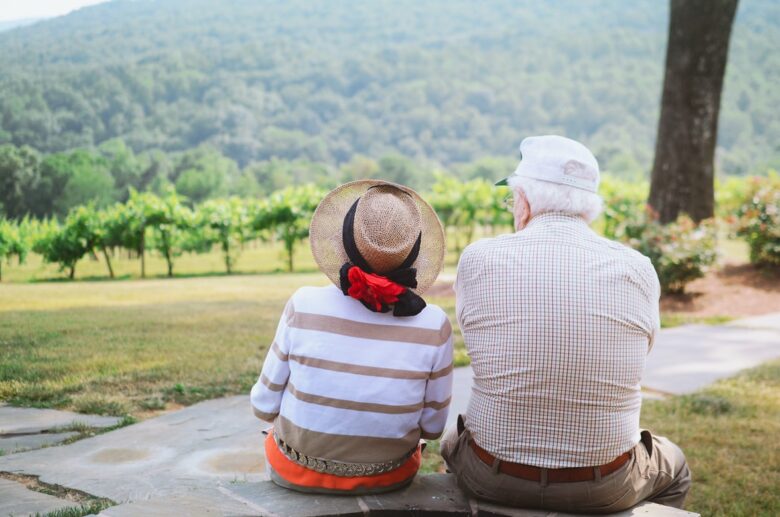
If your older adult lives alone, it is essential to check up on them regularly. Without regularly scheduled check-ups, you won’t be in the know about when your elderly parent falls ill, sustains injuries, or is involved in a home accident. During your routine check-ups, confirm that your aging loved one is taking prescribed medication, tend to neglected chores, or even prepare a home-cooked meal.
Better still, you can help them set reminders to remind them to take their drug prescriptions. After all, good health is wealth.
In addition to promoting good health practices, knowing your rights and how to protect them in case of accidents is important. Learn more about Union Law Firm’s approach to slip and fall cases to ensure you’re prepared and protected.In today’s fast-paced world, while we often prioritize our health and well-being, understanding our legal rights often takes a backseat. Yet, it’s equally crucial.
Accidents, especially those like slip and fall incidents, can happen unexpectedly, anywhere and anytime. Whether it’s a wet floor at a supermarket, an uneven sidewalk, or a poorly lit staircase, such hazards pose risks that can lead to severe injuries.
When faced with such unfortunate events, it’s not just about the immediate medical attention; it’s also about knowing what legal steps to take next. Being aware of your rights ensures that you can seek the necessary compensation for medical bills, lost wages, and even emotional trauma. It’s essential to remember that while accidents are unintentional, the responsibility often lies with someone, be it an individual or an establishment.
Educating oneself about the legal intricacies of such cases is vital. It empowers individuals to take informed actions, ensuring they don’t suffer in silence or bear unnecessary burdens. Moreover, understanding the legal landscape can also promote safer practices among businesses and property owners. When they know they can be held accountable, they’re more likely to maintain safer environments, reducing the risk of accidents.
8. Set up medical alerts
Medical alert systems can connect users to an assistant who can summon help during emergencies. Depending on the system’s design, it can either be for indoor use or offer security on the go. However, regardless of which it is, you can connect the medical alert system to your cell phone to alert you of any emergency when you are away from your senior citizen.
Wrap up
Regardless of how prepared you are for an emergency, it is essential to remain calm during an emergency. Also, don’t move the patient and apply first aid treatments immediately.


